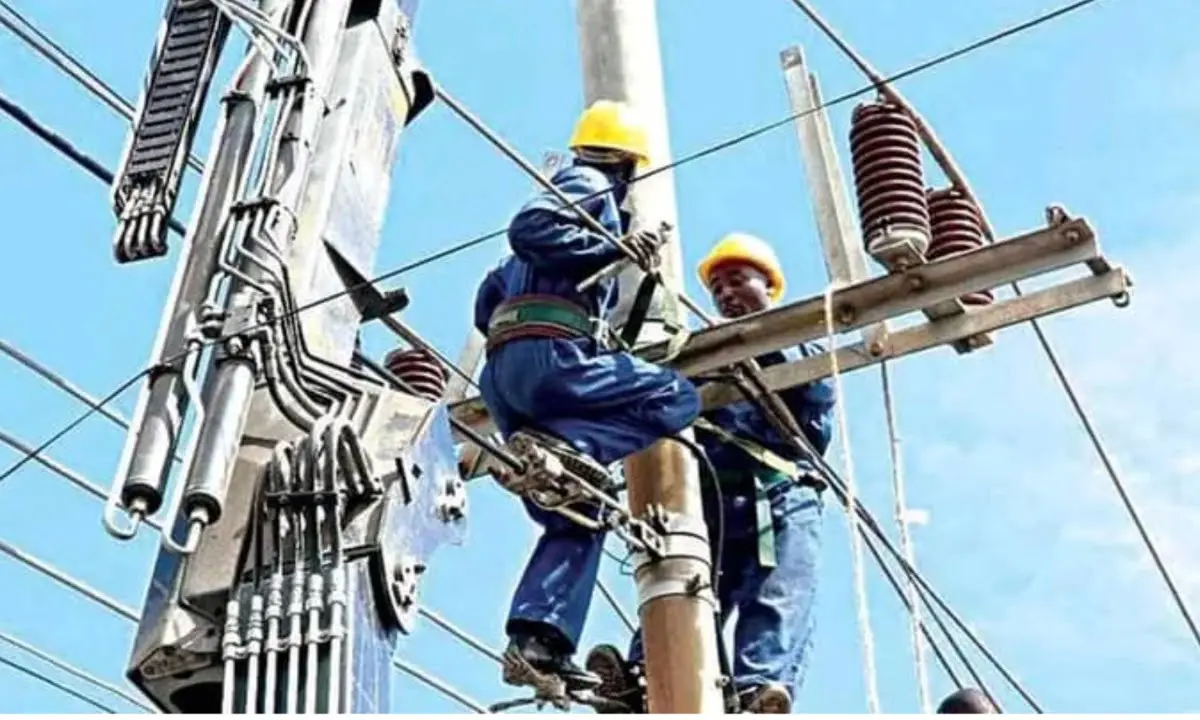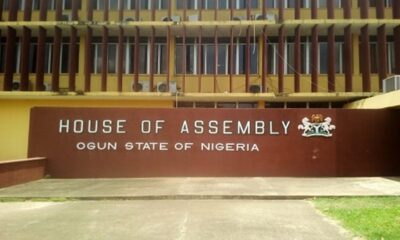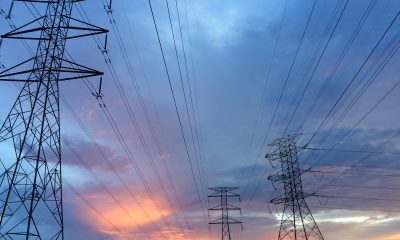NEWS
University of Jos faces disconnection threat due to 300 percent surge in electricity bill

The University of Jos is facing an imminent power disconnection due to a staggering 300% increase in its monthly electricity bill, now reaching N80 million.
The Jos Electricity Distribution (JED) Plc has issued a disconnection threat over unpaid bills, further complicating the university’s financial struggles.
Vice Chancellor Prof. Tanko Ishaya disclosed this alarming rise during a peaceful protest organized by members of the Academic Staff Union of Universities (ASUU).
According to Prof. Ishaya, the university’s electricity costs have escalated dramatically from N20-30 million to an unprecedented N80 million due to recent tariff hikes, particularly affecting Band A consumers.
Prof. Ishaya emphasized the severe financial strain this increase places on the university, noting that the monthly government allocation is grossly insufficient to cover the new electricity expenses.
“We budgeted between N20 to N30 million monthly for our electricity bill, but with the new tariff, JED gave us a bill of N80 million for April,” Ishaya explained.
He further revealed that the university’s monthly overhead stands at just N14 million, a figure vastly overshadowed by the current electricity costs.
In an effort to manage these essential services, the university recently increased student charges, but this measure has proven inadequate.
ASUU members organized a peaceful protest to address the long-standing issue of the non-implementation of agreements reached with the Federal Government.
Prof. Jurbe Molwus, Chairperson of ASUU at the university, represented by his vice, Prof. Kiri Jaryum, presented the union’s charter of demands to the vice chancellor during the protest, aligning with directives from the ASUU National Executive Council.
The electricity cost increase stems from a tariff hike approved by the Nigerian Electricity Regulatory Commission (NERC) about two months ago for consumers categorized under Band A.
NERC Vice Chairman Musliu Oseni announced that the tariff hike would raise customer payments to N225 per kilowatt hour, up from the previous N66.
However, NERC also reduced the exchange rate for calculating the current electricity tariff for Band A customers by 16.03%, from N1,463.3/$ to N1,277.8, effective from May to December 2024.
This adjustment followed the appreciation of the naira in the foreign exchange market over the past month.
Prof. Ishaya highlighted the urgent need for intervention to prevent the looming power disconnection and to address the university’s escalating financial burden.






















